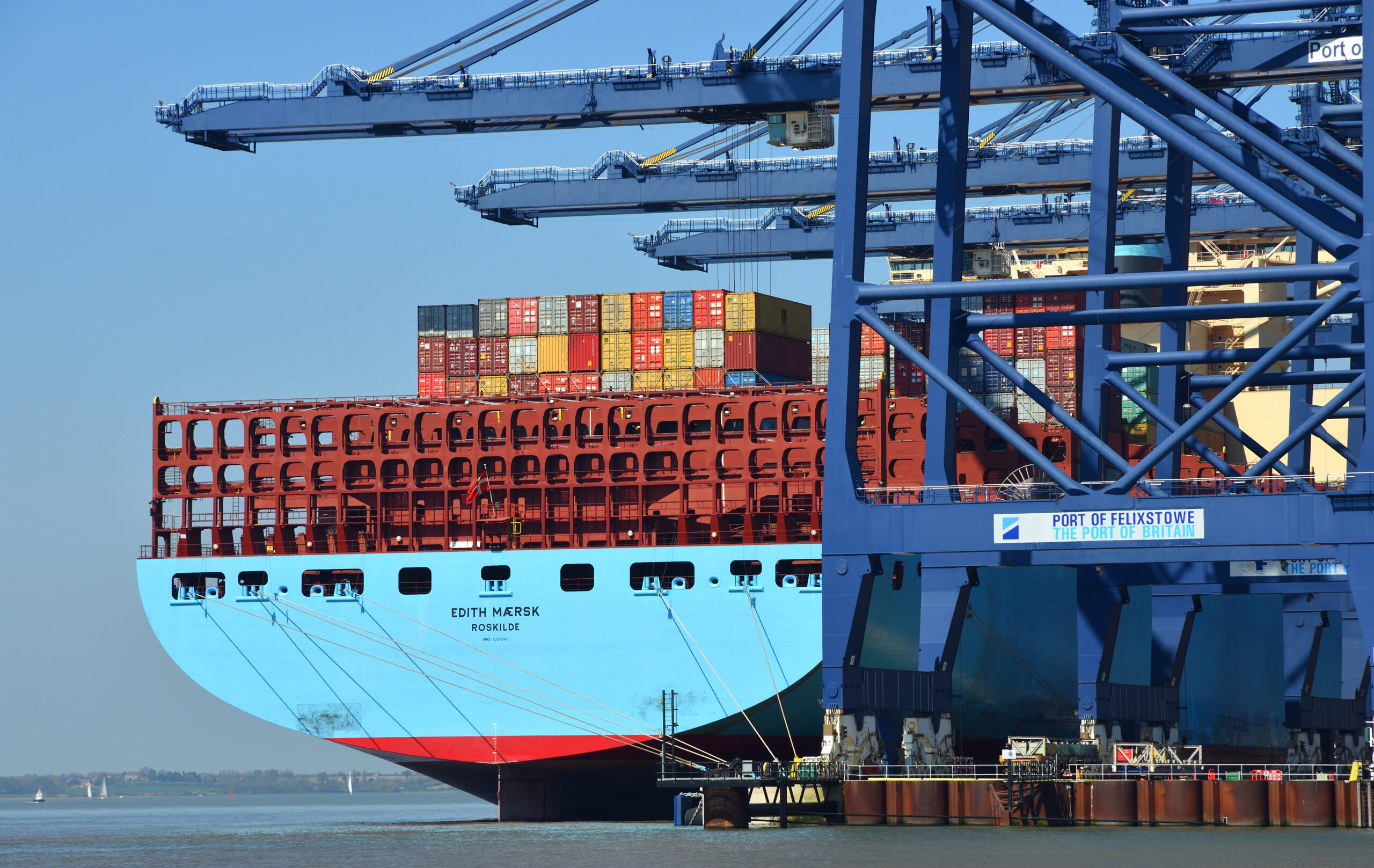In the latest edition of its ‘Maritime Impact’ publication, class society DNV has given a buoyant assessment of the significance of the role of onboard carbon capture and storage (OCCS) technology to sector-wide decarbonisation efforts.
DNV’s CEO Knut Ørbeck-Nilssen explains that shipping as an industry must increase investment into the development of technological solutions that improve energy efficiency and reduce GHG emissions until carbon neutral fuels become available.
Using simulations, this year’s Maritime Forecast to 2050 report by DNV estimates that fuel consumption can be reduced by between 4% and 16% by 2030 using energy efficiency measures.
In addition to efficiency, capturing the emissions before they enter the atmosphere is another important tool for maritime decarbonisation.
‘On-board carbon capture is an increasingly viable option’, Ørbeck-Nilssen states. ‘Supported by sustainable and credible reception and storage schemes, this would enable the continued use of conventional fuels and technologies and make a major contribution to emissions reductions.’
He notes that in order to OCCS to achieve its decarbonisation aims it will require large infrastructural changes to ports and terminal facilities: ‘Of course, reception facilities cannot be developed everywhere, but major ports have a responsibility to move this forward, and some are. However, more ports need to take this responsibility and orchestrate carbon-capture corridors.’



